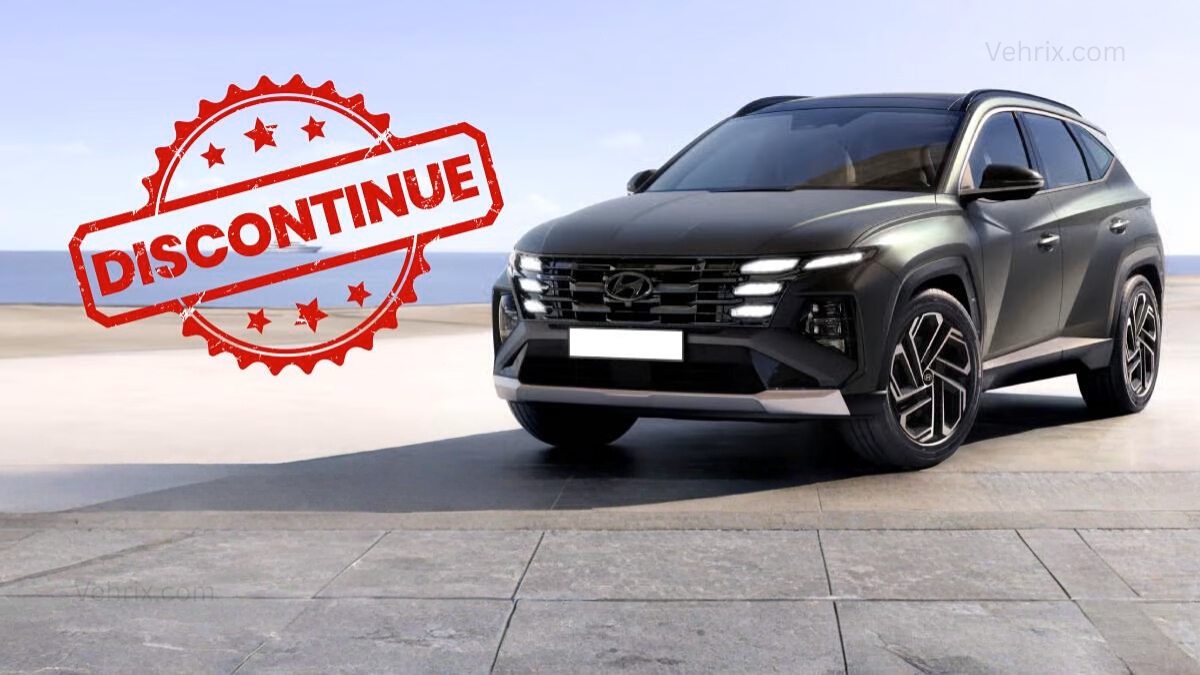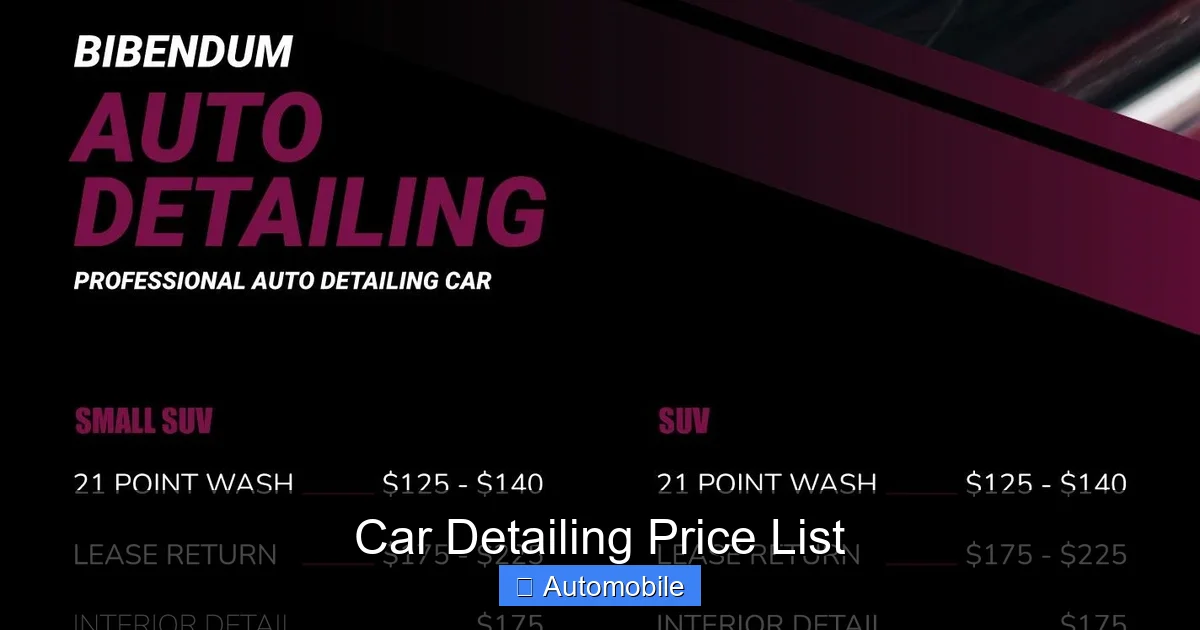The Hyundai Tucson has been officially discontinued in India, highlighting the challenges mass-market brands face when competing against established premium SUVs, such as the Toyota Fortuner. Despite its impressive features and specifications, the Tucson struggled to carve a strong position in a segment dominated by the Fortuner’s reputation and customer loyalty.
Hyundai Tucson Discontinued: Launch and Features
Launched in 2022, the fourth-generation Hyundai Tucson was priced between ₹27.7 lakh and ₹34.4 lakh (ex-showroom). It featured a 2.0-litre petrol engine producing 153 bhp and a 2.0-litre diesel engine delivering 183 bhp. The SUV offered advanced features, including Level 2 ADAS (Advanced Driver Assistance Systems), a panoramic sunroof, dual 10.25-inch displays, ventilated seats, and an all-wheel-drive option for the diesel variant. Despite these strong specifications, the Hyundai Tucson discontinued production due to limited sales, with fewer than 4,000 units sold in 2023 and even lower numbers in 2024.
Why Hyundai Tucson Discontinued: Key Reasons
Several vital reasons explain why the Hyundai Tucson was discontinued in India:
Brand Perception and Resale Value
Buyers spending more than ₹30 lakh often associate premium prices with brands that offer proven durability and a substantial resale value. While Hyundai is a trusted mass-market brand, it could not compete with the Toyota Fortuner’s reputation for toughness and reliability. The Fortuner’s resale value remains high, supported by Toyota’s global reputation for durable engines and dependable vehicles.
Size and Road Presence
The Tucson is a monocoque five-seater SUV, perceived as smaller compared to the full-size, seven-seater Toyota Fortuner, which uses a rugged ladder-frame chassis. The Fortuner’s commanding road presence and size appeal to buyers seeking a vehicle that exudes dominance and status, while the Tucson’s more diminutive stature limits its aspirational value.
Localization and Pricing
Hyundai imported the Tucson as a Completely Knocked Down (CKD) unit, which increased its costs and reduced flexibility in competitive pricing. The Toyota Fortuner is assembled locally in India, benefiting from Toyota’s established supply chain and localization strategy, which helps lower prices, protect margins, and improve after-sales service.
Checkout: Ford Will Reveal a Mysterious Road-Legal Sports Car This January
Service Network and Ownership Costs
Toyota’s extensive dealer network and lower maintenance costs add significant value for Fortuner owners. Hyundai’s premium SUVs, such as the Tucson, cater to a niche market with fewer service options and relatively higher maintenance expenses, particularly outside large cities.
Changing Premium SUV Market in India
The ₹30-40 lakh SUV segment has shrunk, with buyers shifting towards feature-rich mid-size SUVs and MPVs that offer better fuel efficiency and practicality. Toyota’s strong brand identity and product range have helped it maintain dominance, leaving competitors like Hyundai to reconsider their approach. The discontinuation of the Hyundai Tucson leaves a gap above the Alcazar in Hyundai’s lineup.
Hyundai’s Future Focus
Hyundai is pivoting towards electric vehicles and premium luxury models. Reports suggest that Hyundai plans to launch its luxury brand, Genesis, in India by 2026, aiming to attract aspirational buyers who typically choose brands like Toyota, BMW, and Mercedes-Benz. This strategic move could help Hyundai capture a larger share of the premium market in the future.
Hyundai Tucson vs Toyota Fortuner: Feature Highlights
| Feature | Hyundai Tucson | Toyota Fortuner |
|---|---|---|
| Engine Options | 2.0L Petrol (153 bhp), 2.0L Diesel (183 bhp) | 2.7L Petrol, 2.8L Diesel & Hybrid options |
| Seating Capacity | 5-seater | 7-seater |
| Chassis Type | Monocoque | Ladder-frame |
| Transmission | Automatic | Manual & Automatic |
| Production Location | Imported CKD | Assembled in India |
| Key Features | Level 2 ADAS, Panoramic Sunroof, Dual 10.25-inch displays | Rugged design, strong resale, extensive service network |
The Hyundai Tucson was discontinued due to a combination of brand perception challenges, its smaller size and presence, higher costs associated with imported production, and intense competition from the Toyota Fortuner. For mass-market brands seeking to enter the premium SUV segment, these factors are significant barriers. Hyundai’s upcoming luxury brand, Genesis, could mark a new phase for the company in reaching premium buyers in India.







